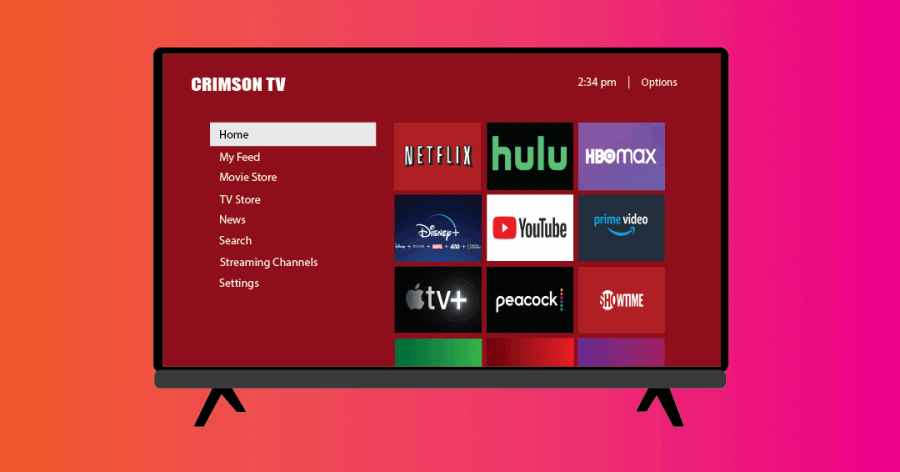0818 Work Insights
Your go-to source for the latest work trends, tips, and advice.
Is Binge-Watching the New Normal?
Discover why binge-watching has become a staple in our lives and what it means for our relationships and wellbeing!
The Psychology Behind Binge-Watching: Why We Can't Stop Watching
In recent years, binge-watching has emerged as a popular form of entertainment, significantly impacting our viewing habits and daily routines. This phenomenon can be attributed to a combination of psychological factors, including the dopamine release experienced when we engage in watching our favorite shows. Each time we click 'next episode,' our brains anticipate the pleasure of upcoming storylines, creating a reward cycle that is hard to resist. Additionally, the social aspect of watching series enables viewers to connect with friends and family, fostering a sense of community as they discuss plots and characters, often increasing the drive to keep watching.
Another significant factor behind the allure of binge-watching is the desire to escape from reality. For many, immersing themselves in a fictional world provides a much-needed relief from stress and everyday pressures. Research shows that when individuals engage in prolonged viewing sessions, they often experience a sensation referred to as the 'suspension of disbelief', allowing them to forget their worries and indulge in an alternate reality. Furthermore, the availability of entire seasons at our fingertips makes it easy to lose track of time, feeding into the compulsive nature of binge-watching and leading us to wonder: why can't we stop?

Is Binge-Watching Affecting Our Social Lives and Relationships?
The rise of binge-watching in recent years has transformed how we consume media, allowing us to immerse ourselves in entire seasons of our favorite shows in a single sitting. While this can be an enjoyable and engaging experience, it's important to consider whether this behavior is having a negative impact on our social lives and relationships. Some studies suggest that excessive screen time can lead to increased feelings of isolation and reduced face-to-face interactions. According to a study from the American Psychological Association, individuals who spend more time binge-watching may find themselves sacrificing crucial social bonding experiences in favor of solitary viewing sessions.
Moreover, the effects of binge-watching extend beyond personal isolation; it can also strain romantic relationships and friendships. Couples may find themselves spending evenings apart, each engrossed in their own show, leading to a decline in quality time together. A survey by Pew Research Center indicates that nearly half of TV watchers claim that their viewing habits sometimes interfere with their communication with partners. This trend raises the question: are we allowing binge-watching to take precedence over deepening our interpersonal connections?
What Is the Impact of Binge-Watching on Mental Health?
Binge-watching has become a prominent aspect of modern entertainment, with many people consuming entire seasons of shows in a single sitting. This phenomenon can lead to both positive and negative impacts on mental health. On one hand, engaging in binge-watching can provide a temporary escape from daily stressors, allowing individuals to immerse themselves in a different reality. According to a study published in the National Center for Biotechnology Information, viewers often experience feelings of joy and excitement during prolonged viewing sessions, thus enhancing their mood in the short term.
However, excessive binge-watching can also contribute to negative mental health outcomes. Studies suggest a correlation between lengthy viewing sessions and increased feelings of loneliness, anxiety, and depression. As noted in research by ScienceDirect, prolonged periods spent in front of a screen can disrupt sleep patterns and reduce physical activity, which are essential components of maintaining good mental health. Furthermore, binge-watching can often lead to procrastination and decreased productivity, creating a cycle that can exacerbate feelings of guilt and sadness.